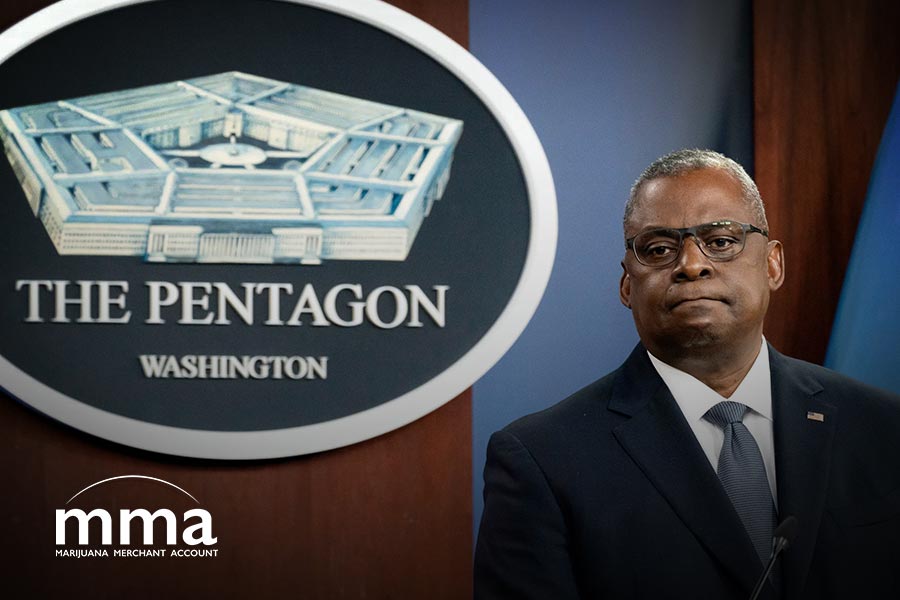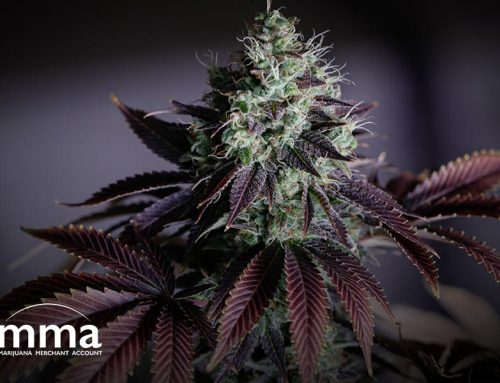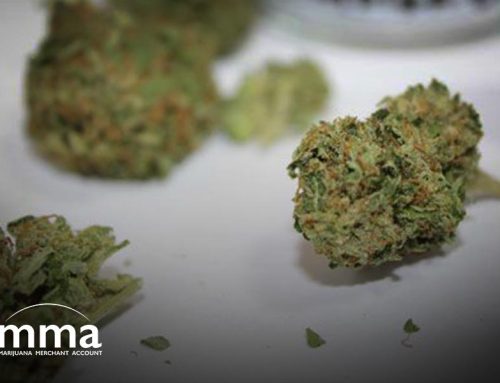A bicameral conference committee removed provisions from a defense spending bill that would have afforded protections to financial institutions that service state-legal marijuana businesses.
The House included the Secure and Fair Enforcement (SAFE) Banking Act as an amendment in its version of the National Defense Authorization Act (NDAA), which it passed in September. This marked the fifth time the House had approved the cannabis banking protection measure since it was first introduced to Congress in 2013 by Rep. Ed Perlmutter (D-CO).
Banks are typically hesitant to work with cannabis businesses for fear of federal government reprisals since marijuana is a Schedule I controlled substance. Multiple bank trade groups have come out in support of the SAFE Banking Act, including the American Bankers Association (ABA), the Independent Community Bankers of America (ICBA) and the Credit Union National Association (CUNA).
Advocates for cannabis banking protection argue the SAFE Banking Act is necessary as most marijuana businesses currently operate on a cash-only basis. Not only does this increase the cost of doing business, it also puts public safety at risk since it makes marijuana dispensaries prime targets for robberies.
The Senate has never held a floor vote on the SAFE Banking Act, and Senate Majority Leader Chuck Schumer (D-NY) has said on several occasions that he will prioritize comprehensive federal cannabis reform ahead of incremental measures that do not include social equity or restorative justice provisions.
Ahead of the bicameral conference committee, a bipartisan group of senators sent Schumer a letter urging him to rethink his stance on the issue, while several House Democrats conveyed their frustration at the amendment’s eventual removal from the NDAA.
Rep. Adam Smith (D-WA), chairman of the House Armed Services Committee, criticized Schumer but stopped short of challenging the Senate as that would threaten the NDAA’s passage.
“I even seriously considered saying, you know, we’re just gonna put it in and the Senate can deal with it,” Smith said. “But the bottom line is, if the majority leader in the Senate has this opinion—and it’s worth noting that the minority leader has a similar position in the Senate—they don’t want this included, that’s not the way the process works.”
Perlmutter echoed Smith’s dismay, and considered forcing a vote on the amendment in the House Rules Committee but was talked out of it by House Speaker Nancy Pelosi.
“It makes no sense because of the public safety aspect, the minority business aspect,” he said. “Without the ability to have banking, many small businesses—veteran-owned organizations, women-owned businesses—don’t have access to capital.”
I'm disappointed #SAFEBanking is not included in the NDAA bill text released today. The Senate insists on burying its head in the sand and deny every opportunity to reform our outdated cannabis laws to align state and federal law to improve public safety.
— Rep. Ed Perlmutter (@RepPerlmutter) December 7, 2021
“You have heard my ire and my irritation and my anger because people are getting killed. They’re getting robbed. And we’re making no moves,” Perlmutter continued. “We now have made some advancements, but this thing’s been sitting there for three years.”
The new bicameral version of the NDAA must now pass through the House and Senate again. If it’s approved, the bill would then head to President Joe Biden for his signature.












